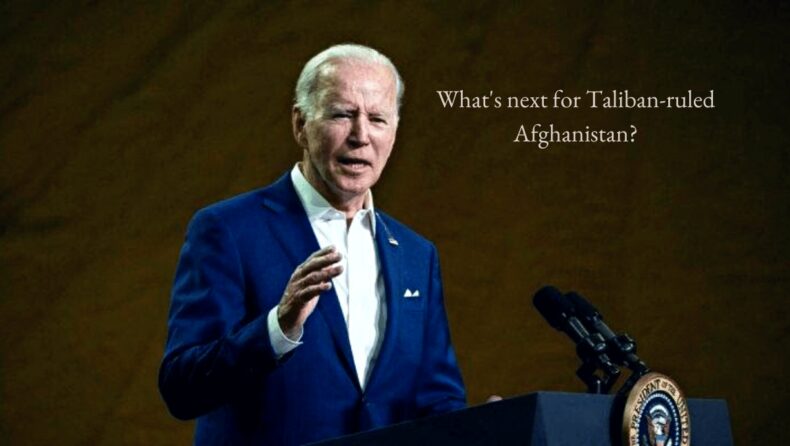The United States (US) has revoked Afghanistan’s designation as a major non-NATO ally, a year after the Taliban toppled Kabul’s democratically elected government.
Following the withdrawal of US soldiers from Afghanistan last year, which marked an end to the country’s almost 20-year war, Afghanistan’s status has changed.
In July 2012, the United States recognised Afghanistan as a major non-NATO ally, paving the way for continued economic relations and military cooperation. It furnished Kabul with various facilities, including equipment and supplies related to defence and security.
US President Joe Biden’s Memorandum To Revoke Afghanistan’s Status as a Major Non-NATO Ally
“By the authority vested in me as President by the Constitution and the laws of the United States of America, including section 517 of the Foreign Assistance Act of 1961, as amended (22 U.S.C. 2321k) (the “Act”), I hereby terminate the designation of Afghanistan as a Major Non-NATO Ally of the United States for the purposes of the Act and the Arms Export Control Act,”
US President Joe Biden said in a presidential memorandum to Anthony Blinken, the Secretary of State.
Biden had informed the US Senate of his intention to revoke Afghanistan’s status as a significant non-NATO ally in July.
In accordance with section 517 of the Foreign Assistance Act of 1961, as amended (22 U.S.C. 2321k), I am providing notice of my intent to rescind the designation of Afghanistan as a Major Non-NATO Ally,”
Biden had communicated previously in the statement.
Just after the Biden administration declared the termination of its military involvement in Afghanistan last year, the Taliban began an offensive on the democratically established Afghan government.
Afghanistan Under The Taliban
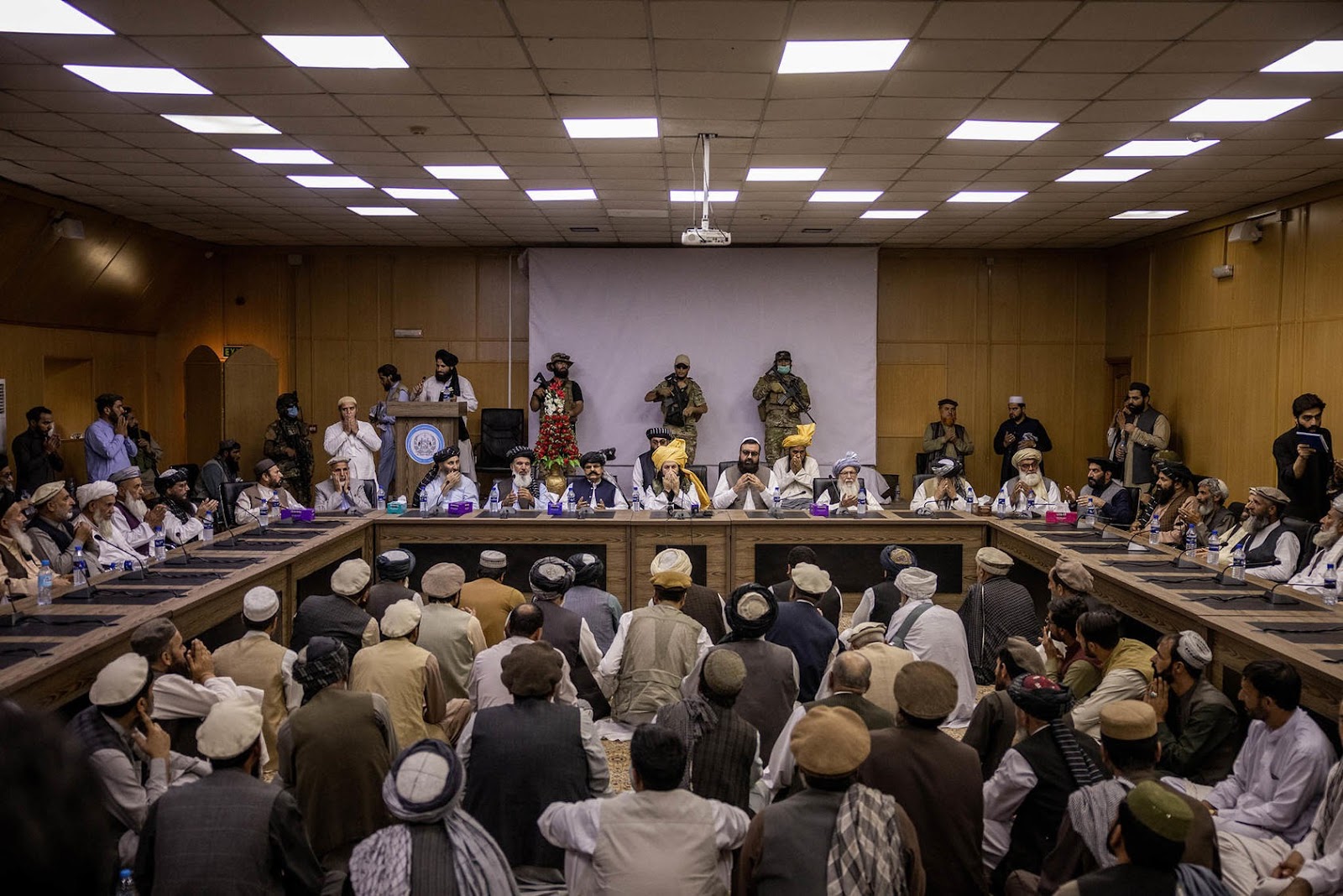
The Taliban marched into Kabul on Aug 15, 2021, without facing any resistance, and established absolute control of the Afghan capital. Then around September, the Taliban proclaimed total triumph in Afghanistan and established interim governance; although, no nation has yet formally recognised it.
Since it acquired control over Kabul, the Islamic organization has enacted laws that significantly restrict fundamental rights, especially that of women and girls.
Following the Taliban takeover, a large number of Western nations, notably the United States, closed their diplomatic facilities in Afghanistan. They have refused the Taliban government’s diplomatic recognition and ties.
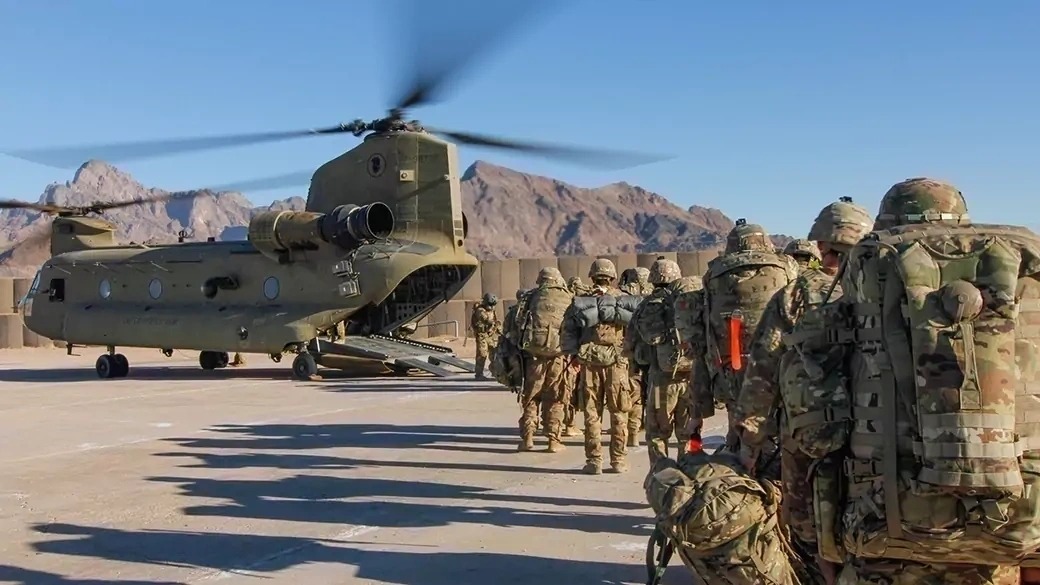
The Taliban pose a threat to the political and civil rights of Afghans, which are protected in the constitution drafted by the government with U.S. assistance. The Taliban have acted in a manner typical of their ruthless reign during the late 1990s since regaining power.
The Taliban also pose a threat to the improvement in Afghans’ quality of life that have transpired in the two decades since the American invasion. Since their takeover, the economy of the nation has gotten worse; according to UN estimates, by the middle of 2022, nearly all Afghans may be living in poverty.
Approximately 90%of the people have experienced some kind of food insecurity. A halt in help from several nations and international organisations, that had been the backbone of the economy and the health sector, is aggravating the issue.
Human Rights Watch (HRW) reports that the Taliban barred females from secondary education in the majority of provinces and also expelled all women from senior positions in the civil service. Taliban regulations forbid women from travel unless they’re escorted by a male guardian or demand that women conceal their faces in public, along with female TV news reporters.
https://news.un.org/en/story/2022/05/1117812
In addition, the Taliban have attacked journalists, censored critical reporting, and curtailed it. Revenge killings and forced disappearances of previous public officials and security service members have been carried out by Taliban militants. People who were thought to be connected to the Islamic State have been ruthlessly executed.
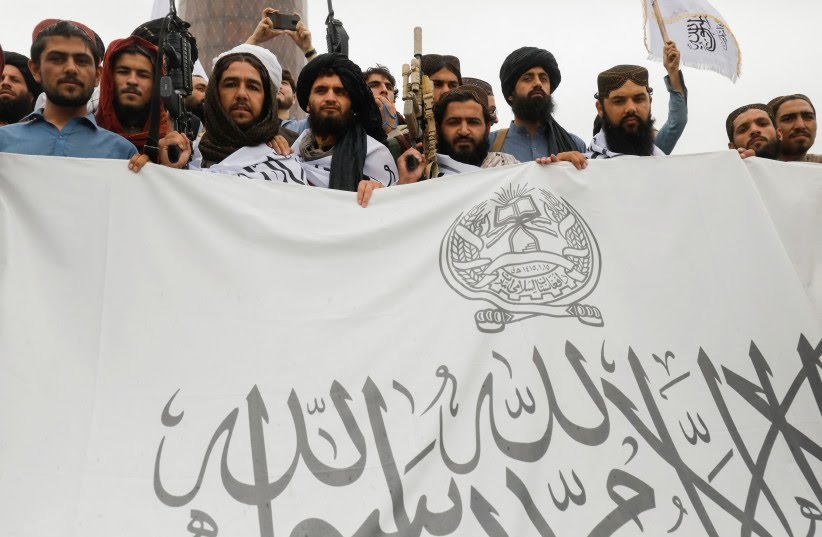
Armed organisations affiliated with the Islamic State in Afghanistan have carried out assaults against Afghan Shi’a, Sufis, and other ethnic groups, injuring and killing hundreds.
https://news.un.org/en/story/2022/09/1126991
US: The Nation’s Major Non-NATO Allies
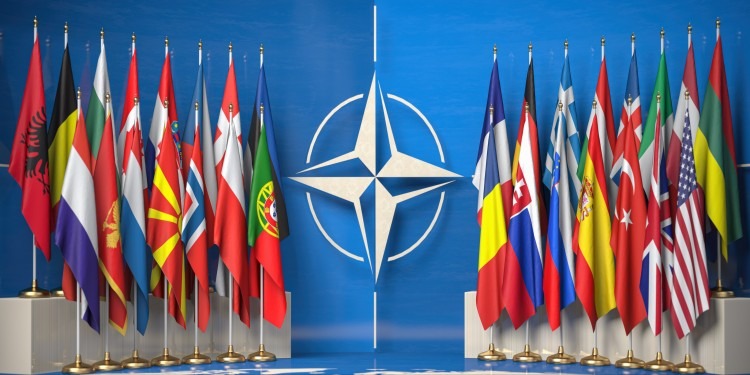
In 1987, the MNNA (Major Non-NATO Ally) designation was first established. As per the State Department, after Afghanistan’s status was rescinded, the US now has eighteen major non-NATO allies after Afghanistan’s designation was revoked.
They comprise Kuwait, South Korea, Pakistan, Australia, Bahrain, Qatar Brazil, Tunisia, Egypt, Japan, Argentina, Jordan, Morocco, New Zealand, the Philippines, Colombia, Thailand and Israel.
Indian-American Representative Ro Khanna presented a proposal in the US House of Representatives early this month to recognise India as a significant non-NATO ally.
According to U.S. legislation, countries having the designation of Major Non-NATO Ally (MNNA) are entitled to specific advantages in the domains of defence trade and strategic cooperation.
For the sake of cooperative research, development, evaluation, or assessment, a significant non-NATO ally may borrow materials, supplies, or equipment. They are also qualified to host US-owned War Reserve Stockpiles that are deployed on their territories remote from US military facilities.
https://www.nato.int/cps/en/natohq/topics_8189.htm
If the financial agreements are mutual and provide for the repayment of the US direct costs, these nations enter agreements with the US for the cooperative provision of training on a multilateral or bilateral basis.







